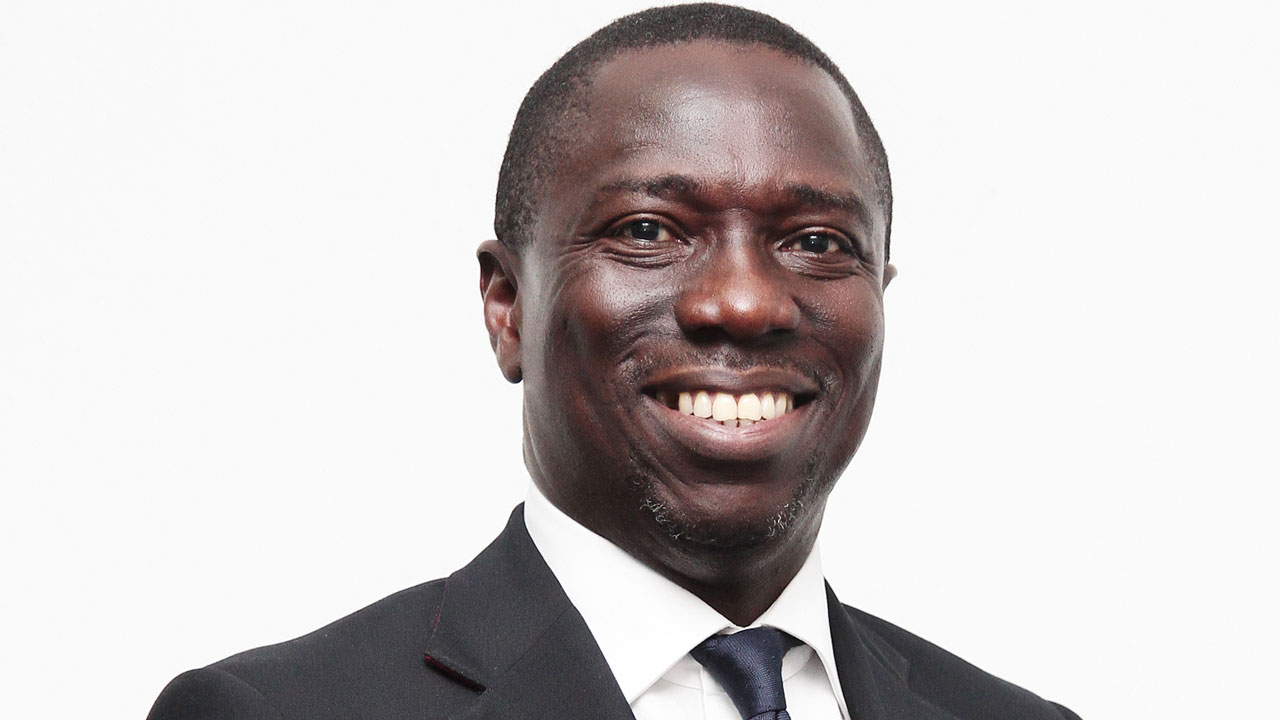
•Recession to be brief, minister assures citizens
Chairman, Nigerian Economic Summit Group (NESG), Asue Ighodalo, has offered an insight into what discourages investors from Nigeria. He observed that the “world does not trust our commitment to the rule of law, impartiality and efficiency of our dispute resolution processes.”
Ighodalo further said: Our multiple exchange rates, policy flip-flops and perception of how we react to investors confuse the investing world.”
In his welcome address at the 26th Nigerian Economic Summit yesterday in Abuja, the NESG continued: “For a country in desperate need of development momentum and capital, the events of last month were bad for morale, confidence and business. Of the $19 trillion invested in negative yielding assets globally, none of it has been invested in Nigeria, regardless of what it can earn, because our investment environment has been tagged unwelcoming, unsafe and unpredictable.
“At a time when our fiscal space is constrained, by low revenues and high debt, the need to strengthen attractiveness of the investment climate to encourage local and foreign investments is of utmost importance.
“These are not labels we can afford particularly now.”Pointing out that the current American theatrics, peace and stability remain key investment indicators, Ighodalo stated: “We cannot undo yesterday, but we most certainly can and should manage the fallout with the wisdom and diplomacy that match this moment in time.”
He went on: “Our belief at the NESG is that resolution must come through dialogue, advocacy, disciplined, thoughtful challenges to the status quo in the interest of our collective progress, as well as sincere and concerted resolve to act decisively to bring about required changes.
“Time has shown this to be the only way that civilised societies successfully resolve conflict and make traction towards their ideals.”
The chairman added: “The truth of our national ‘Now’ however is this: as far as we may have come, we have not come far enough. We cannot expect young people to thank us for past sacrifices, while we hand them a nation relegated to watching globalisation from the sidelines without partaking of its bounty, whilst sharing only in its pandemics and economic shutdowns.”
According to Ighodalo, Nigeria would explain away the disappointing indicators that led it into recession by pointing out that the pandemic slowed progress on many fronts, and would make it the explanation for its failure to achieve traction in 2020.
In her remarks, Minister of Finance, Budget and National Planning, Zainab Ahmed, assured Nigerians that the current recession would be short-lived. She said the country would overcome the crisis this quarter or at the most first quarter of next year.
The minister linked the unsavoury development to the COVID-19 pandemic that ravaged economies globally. Ahmed submitted that several other countries were forced into recession by the virus, insisting that prior to the outbreak, the Nigerian economy was experiencing sustained growth.
She argued that the nation had outperformed economies like the United Kingdom and others that experienced slumps in the aftermath of the epidemic.



